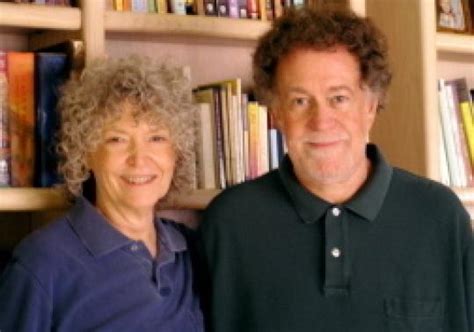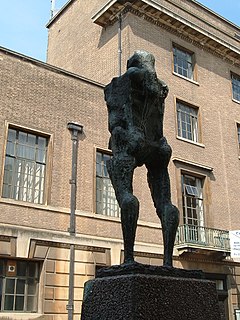A Quote by John Dewey
Communication is a process of sharing experience till it becomes a common possession. It modifies the disposition of both the parties who partake in it.
Quote Topics
Related Quotes
COMMUNICATION: If I had to pick a first rule of communication-the one practice above all others that opens the door to connecting with others-it would be to look for common ground. Too often people see communication as the process of transmitting massive amounts of information to other people. But that's the wrong picture. Communication is a journey. The more that people have in common, the better the chance that they can take that journey together.
For communication to have meaning it must have a life. It must transcend "you and me" and become "us." If I truly communicate, I see in you a life that is not me and partake of it. And you see and partake of me. In a small way we then grow out of our old selves and become something new. To have this kind of sharing I cannot enter into a conversation clutching myself. I must enter into it with loose boundaries. I must give myself to the relationship, and be willing to be what grows out of it.
Some people who experience a religious conversion seem to undergo a personality change. They can be quite congenial and easygoing when talking about mundane things, but when they start talking about their faith, their demeanor changes. Their tone of voice modifies, their smile becomes tense and they become defensive when questioned about their evidence for belief. It becomes difficult to have a friendly conversation with them.
When profits are pursued by geographic interchange of goods, so that commerce for profit becomes the central mechanism of the system, we usually call it "commercial capitalism." In such a system goods are conveyed from ares where they are more common (and therefore cheaper) to areas where they are less common (and therefore less cheap). This process leads to regional specialization and to division of labor, both in agricultural production and in handicrafts.
Great short stories and great jokes have a lot in common. Both depend on what communication-theorists sometimes called "exformation," which is a certain quantity of vital information removed from but evoked by a communication in such a way as to cause a kind of explosion of associative connections within the recipient.
Persons in great stations have seldom their true character drawn till several years after their death. Their personal friendships and enmities must cease, and the parties they were engaged in be at an end, before their faults or their virtues can have justice done them. When writers have the least opportunities of knowing the truth, they are in the best disposition to tell it.








































